Certainty.
There’s a lot to be said for it but not much going around these days.
In life and in football.
Call it envy or call it jealousy, there has been a growing ‘get them down’ noise around St Johnstone over the last couple of years, no doubt amplified by social media.
If there is such a thing as neutrality in Scottish football, there were plenty of non-Saints or Ross County followers ready to dance on a McDiarmid Park grave when the battle to avoid the play-offs came to a dramatic conclusion on the last Sunday of the Premiership season.
The fact that Saints have bagged three trophies in a decade has no doubt played its part in other fans wanting to see the Perth club do a Falkirk. Or a Dunfermline. Or a Raith Rovers. Or an Inverness Caley Thistle. Or a…..(you get the idea).
But there’s more to it than that.
In what is now getting on for half a century, St Johnstone have had something no other club in Scotland – probably Britain – could lay claim to over an equivalent period of time.
Certainty.
For big chunks of those 40 years there was on-pitch certainty that the team would be pretty good.
However, the most important bit, the bit that other fans craved, was they had an owner who could be utterly relied upon to run the show competently and ensure there was never the merest hint of the ship hitting the rocks of administration, liquidation or anything close to financial calamity.
Context gained by examining other clubs
There are so many contrasts between St Johnstone under Geoff Brown and other Scottish football clubs that give context to his contribution as chairman and owner.
Saints’ first two rivals after the local house-builder got his feet under the table at Muirton Park were Ayr United on the way to promotion out of the third tier in 1998, and then Airdrieonians on the way out of the second two years later.
In the Brown era, Ayr have never come close to becoming a top-flight outfit and Airdrie have gone bankrupt, changed their name, seen their fan base dwindle and endured a generation and more in the lower leagues.
When it comes to castles being built on sand, though, Gretna set new standards.
Precious few wanted to listen to Brown when he didn’t indulge the ‘romance’ of the media darlings’ rise.
They would listen when the castle collapsed, though.
Best owner in Scottish football
Saints supporters took great delight when Brown made Dundee a big-money offer they couldn’t refuse for their star player, Billy Dodds, in the middle of the 1993/94 season.
But, when it turned out to not be enough to avoid relegation, the deeper appreciation was of a chairman’s commitment to his young manager to build a new team that would thrive and endure.
Brown’s time at Saints has been as unpretentious as the man himself.
Plenty of other clubs would have put stars above their club badge on the match kit long ago for the cup wins but you can imagine the answer that would have come back had such a suggestion ever been put to the man who had the final say at McDiarmid.
The 81-year-old’s DNA runs through the club – the way it operates and the way the supporters view it and themselves.
Brown has been the best owner of a Scottish football club since colour TV became a thing.
Brown hands-on at Saints again near end of reign
Returning to a more hands-on role in the wake of son, Steve, stepping down as chairman and financial losses threatening to spiral out of control, Brown’s second-last contribution to the club he has transformed was making sure it was appealing to a buyer.
His last was securing the right one.
If ever a man should be trusted when he says that he’s found a “suitable custodian”, it’s Geoff Brown.
Nobody has a more sound grasp of what that entails.
Saints supporters will, rightly, hope for new ideas, investment and football successes.
But, above all, they will seek the certainty they’ve taken for granted.
The most reliable of comfort blankets has been removed.
Adam Webb’s greatest challenge is making sure the people in the McDiarmid stands, many of whom know nothing other than his predecessor’s stewardship, don’t feel bereft and vulnerable without it.

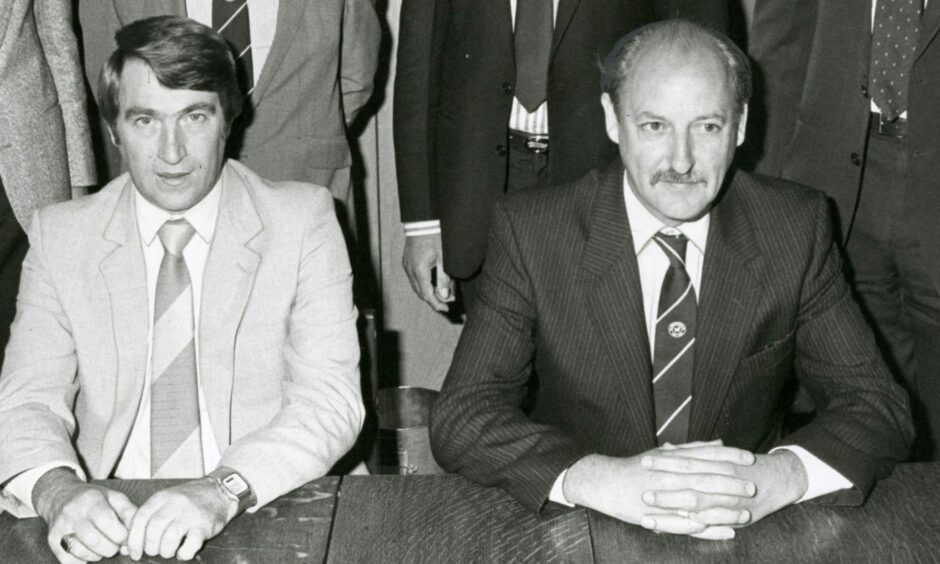
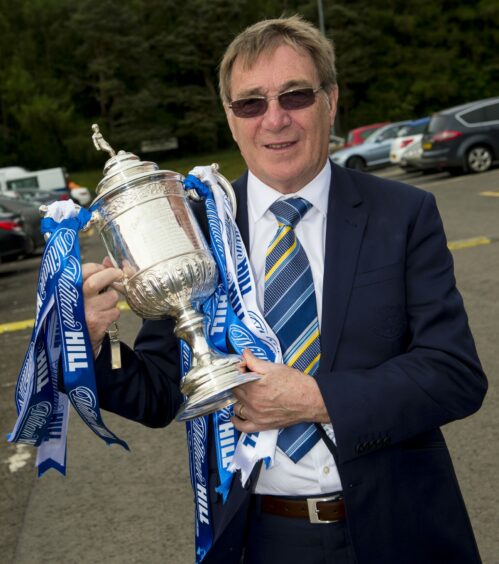
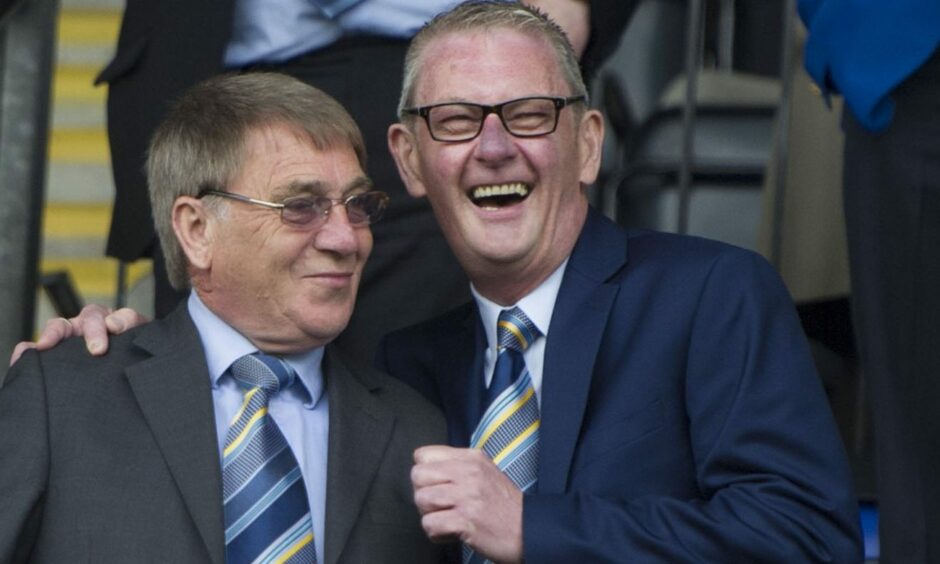
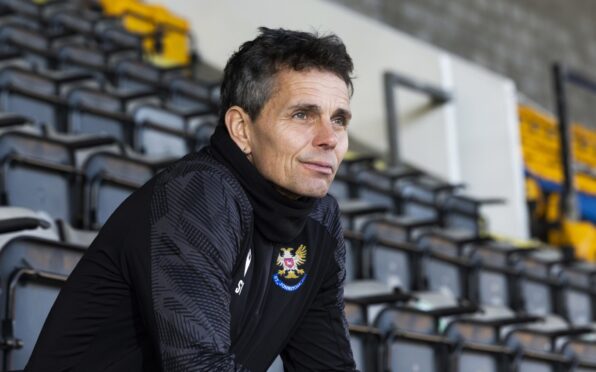

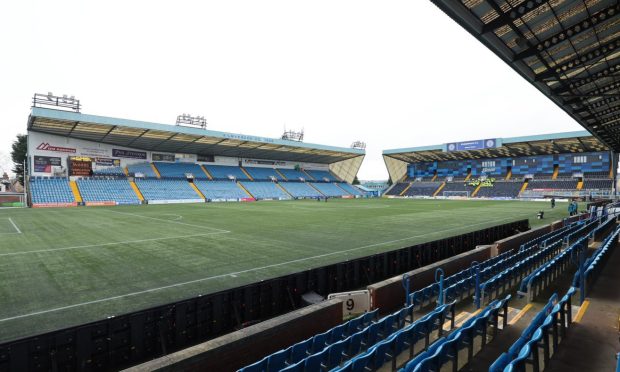
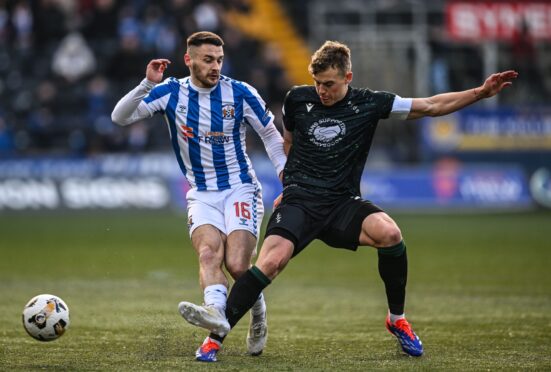
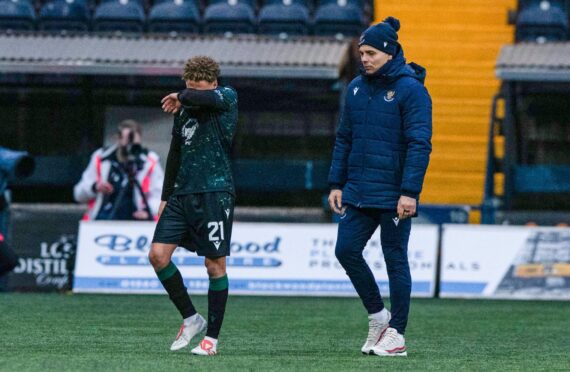
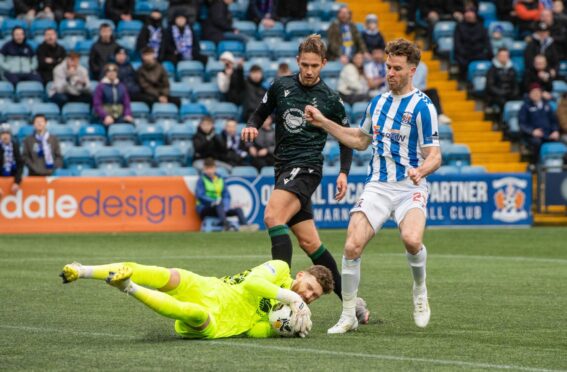

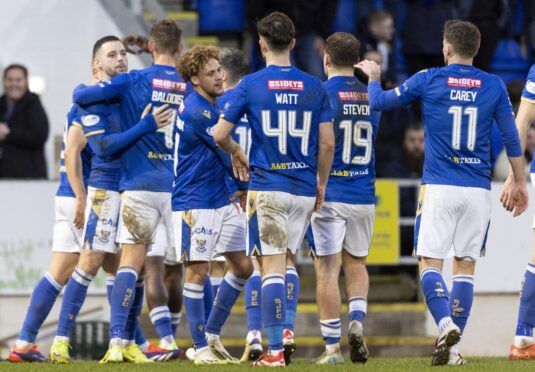


Conversation